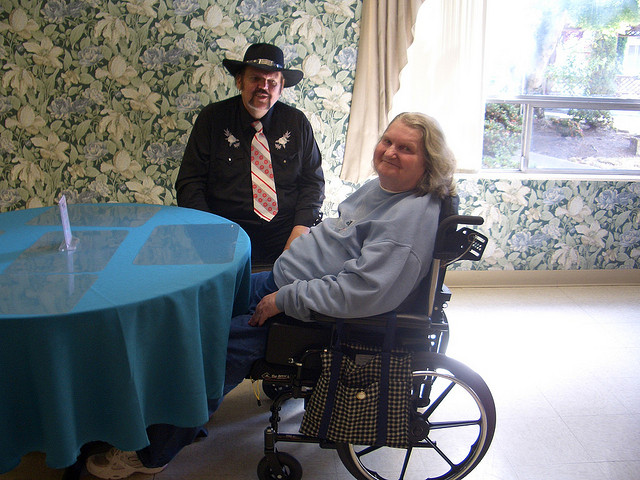AARP Hearing Center

When you are a caregiver, taking time to care for yourself can be an enormous challenge. Finding moments for quiet, personal time is important for everyone, so we hope that the following tips may provide some guidance for you or a loved one.
See Also: 11 Affirmations for New Caregivers
In the United Stated, there are approximately 43.5 million adults who provide what is called “unpaid” care to someone age 50 or older. That is nearly 19% of all adults.
These tips were gleaned from experts and other caregivers through various sources. If you would like more information, please visit the AARP Caregiving Resource Center online.
- Put your health first. You can’t do a good job of caring for someone else if you don’t take care of yourself. Be sure to eat nutritious meals, get enough rest, see your doctor regularly, and exercise.
- Take a break. Ask friends, relatives or volunteers to relieve you for an hour or two. For a longer break, turn to an adult day center, or agency that provides respite services.
- Ask for help. Make a “to-do list” and recruit relatives and friends to pitch in.
- Use community resources. Most communities have services that can help coordinate your loved one's care and provide help with meals, housekeeping, grooming or transportation. Check your community’s services at the U.S. Department of Health and Human Resources’ Eldercare Locator by calling 1-800-677-1116. You can also start your own support group through the AARP Caregiving Online Community.
- Stay Connected. Getting together in person—or virtually—with friends and relatives can improve your spirits.
- Find time to relax. Whether it’s reading, yoga, prayer, or cooking—do something you enjoy to recharge. And laugh. Reading a funny book or watching a comedy can provide a much-needed break.
- Deal with your feelings. Forgive yourself for feelings of anger. Consider joining a support group or making an appointment with a professional counselor.
- Get organized. Calendars and a journal can help you prioritize your responsibilities. Carry a list of your loved one’s medications.
- Stay positive. Instead of dwelling on what you can't do, pat yourself on the back for how much you are doing.
- Just say no. Accept the fact that you simply can't do everything! Resist the urge to take on more than you can handle.
It is important to remember that caregivers are people with needs too.
http://www.flickr.com/photos/jwthompson2/
This is a great film.
http://youtu.be/eCdlDARir6U
[/youtube]
Photo: flickr.com































































